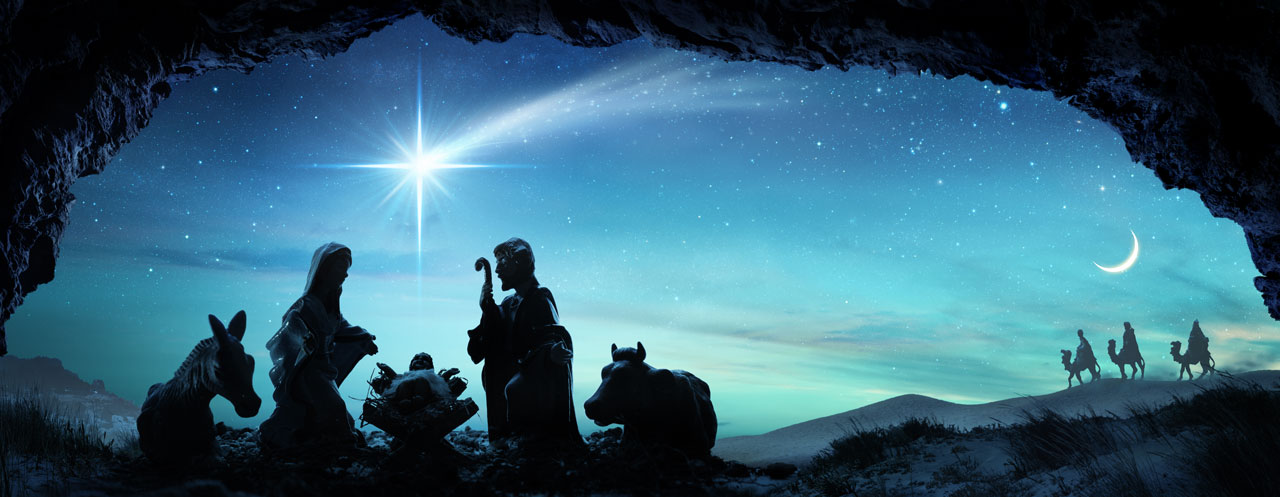A recent Pew Research Forum study has interesting news about what Americans believe about Christmas these days. Those surveyed said the following about the historical accuracy of the Christmas story:
• 81 percent believe “baby Jesus was laid in a manger;”
• 75 percent believe “wise men, guided by a star, brought gifts of gold, frankincense (and myrrh);”
• 74 percent say “an angel announced the birth of Jesus to Shepherds;” and
• 73 percent said “Jesus was born to a virgin.”
In an age of skepticism, and at a time in which Christmas is commercialized or turned into one giant Hallmark moment, it is interesting to see such a high percentage of Americans holding to four crucial elements of the Christmas story. In fact, it is downright encouraging.
While Good Friday and Easter may have fallen on harder times in our culture, Christmas has shown itself to have some staying power. For this, we are thankful that the time of year in which we remember and celebrate God incarnate—the very birth of the Son of God—holds a dear place in society.
The survey was not all good news, though. While fully 92 percent said they do celebrate Christmas, only 51 percent said Christmas is “a religious holiday” (as opposed to a merely cultural holiday or other observance).
When we stop to look at attitudes and beliefs surrounding Christmas, it is a good time to remember that Christmas must be seen as a crucial part of the full redemption story. From Christmas to the cross to the empty tomb, we insist on all aspects of the biblical narrative being true and vital to our faith.
Through the very birth narrative itself, we see what people believe matters a great deal. The Christmas story shows what is best and what is worst about human nature.
In the Christmas story, we are inspired by the faith and belief we see in Mary and Joseph. We, like the Shepherds, are awed by the angels’ announcement about Jesus and God’s glory. We admire the wise men following the star in search of the Child King.
On the other side, we hear of unspeakable evil. Consider Herod, who believed in doing the very worst to guard his power. His order to kill the babies is seen again and again in history. As Adrian Rogers points out, the blueprint of Satan to “kill all the babies” was seen with Pharaoh, then Herod and today’s abortionists.
In this first Christmas told to us in the pages of Scripture, as in our own day, what people believe about Jesus reveals who they are.
Surveys will come and go, and what we say and believe about Christmas in America is sure to ebb and change each year. Yet we know what is unchanging is that God truly sent Jesus Christ, His Son born of a virgin, to earth to seek and save sinners like you and me.
That greatest Christmas gift is still available to each of us, if we repent and, like the wise men before us, seek Him while He may be found (Acts 17:27).





